SITA has unveiled an innovative 1.2 million plastics recycling sorting line in South West France as part of Green Week 2014 Europes annual celebration of the latest developments in the waste industry.
The line was officially opened yesterday (June 17) at SITAs Rgne Atlantique facility in Bayonne, which is one of five SITA-operated plastics plants in France and recycles 17,000 tonnes of PET bottles every year.
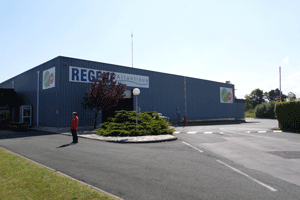
SITA France originally began operations at the plant 10 years ago, although changes in the manufacture of plastics over that time have led to calls for a more sophisticated recycling process.
The baled plastics that arrive at the plant are derived from materials recycling facilities within a 500km radius, but are often contaminated with HDPE caps, PVC, polypropylene, and metals waste.
With the introduction of a new optical sorting line, which uses infra-red sensors and positive sorting technology, the firm is able to recognise and separate these sources of plastics, as well as use magnetic separation to remove the metals, to produce higher quality PET flakes.
Sorting
Developed by sensor technology specialist TiTech, positive sorting identifies the difference between recyclable materials via shape, structure and density, and uses a nozzle system to blow out the uncontaminated material at the end of a conveyor belt.
In addition, the optical technology allows PET bottles to be separated into two colour streams light blue and mixed which can be recycled into new products.
The coloured flakes can be used for the manufacture of fibres for clothes, padding and insulation and carpets in cars, while the light coloured PET is recycled into materials to be used in new bottles and food containers.
The Bayonne line took six months to design and install and, as of September 2013, Rgne Atlantique remains the only facility in France to incorporate positive sorting technology into its plastics recycling operations.
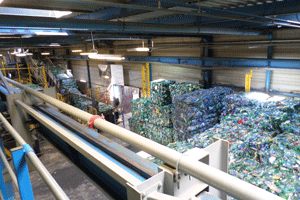
While the firm did set up a larger 40,000 tonne capacity PET bottle recycling plant in Paris in 2009, the plant still uses negative sorting technology in order to separate contaminants.
UK
The move mirrors similar attempts to adopt advanced plastics sorting in the UK, with waste firm Viridor developing a 15 million polymer separation plant in Rochester (see letsrecycle.com story). And, Ecotech London is also building a PET bottle reprocessing facility in Rainham, Essex which is due to be fully operational by September 2014 (see letsrecycle.com story).
Speaking to letsrecycle.com at the inauguration of the Bayonne sorting line, Olivier Vilcot, managing director of SITA Recyclages plastic division, said the next challenge was to increase the amount of PET recycled at Rgne Atlantique which has capacity to recycle an extra 3,000-4,000 tonnes a year.
He said: Our strategy is to promote valorisation and recycling in order to create new resources. We are missing some volume, and with another 4,000 tonnes we could run the plant 24/7 instead of 24/6.
The volumes are coming from the cities, and this big region is generating 24,000 tonnes of PET bottles. Its possible to get more but we need to get convince them to send the product here. If we oblige people to recycle they will find solutions but in the end whats important is to find a customer. Without an end user, the supply chain cannot exist.
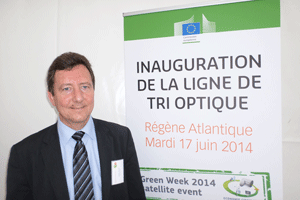
He added: IKEA uses 400,000 tonnes of plastics in their product, and they want to put all of the recycled material in their product, so this is a voluntary commitment which should be followed by other companies.
Green Week
The opening was chosen as a satellite event for Green Week 2014, a European Commission initiative to showcase the best examples of circular economy and resource efficiency across the continent.
Commenting on the importance of the circular economy, Yann Vincent managing director of SITAs recycling division in France said that recycling had firmly taken root in Bayonne since the days when the facility had been used to manufacture video cassette tapes.
He said: For us recycling is a source of industrial activity thats difficult to change in terms of location. It is difficult to send bales to a low-cost country because there is too much logistical cost involved. But when we collect plastics from South West France, it creates sustainable jobs for the region.
Communication
Mr Vincents views were echoed by Mayor of Bayonne, Jene- Ren Etchegaray, who officially unveiled the line at the ceremony.
Related Links
He told letsrecycle.com: Having this visit here today, its a very strong message to put forward to show and persuade people we are developing recycling in our region, especially in our city. Of course we have to encourage more recycling, but we communicate on the importance of recycling these bottles to residents.





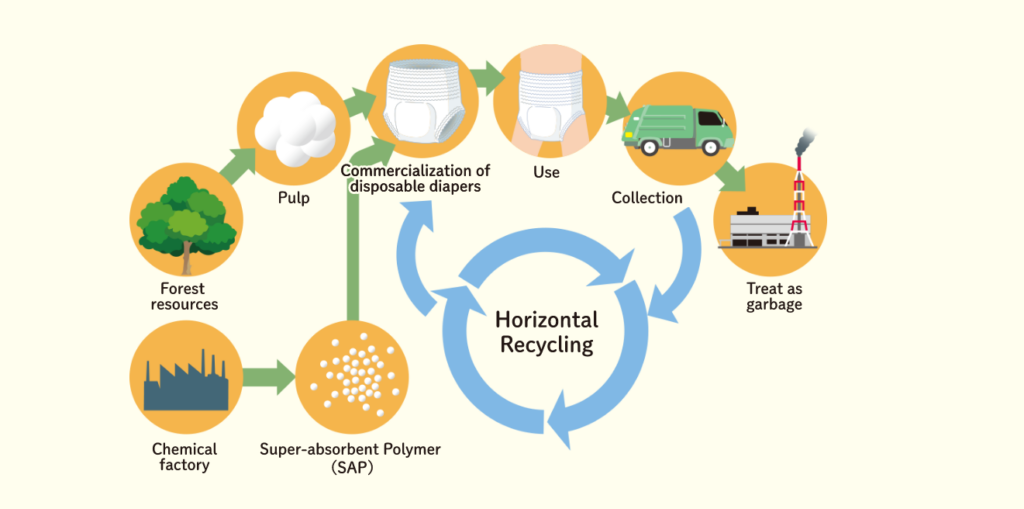
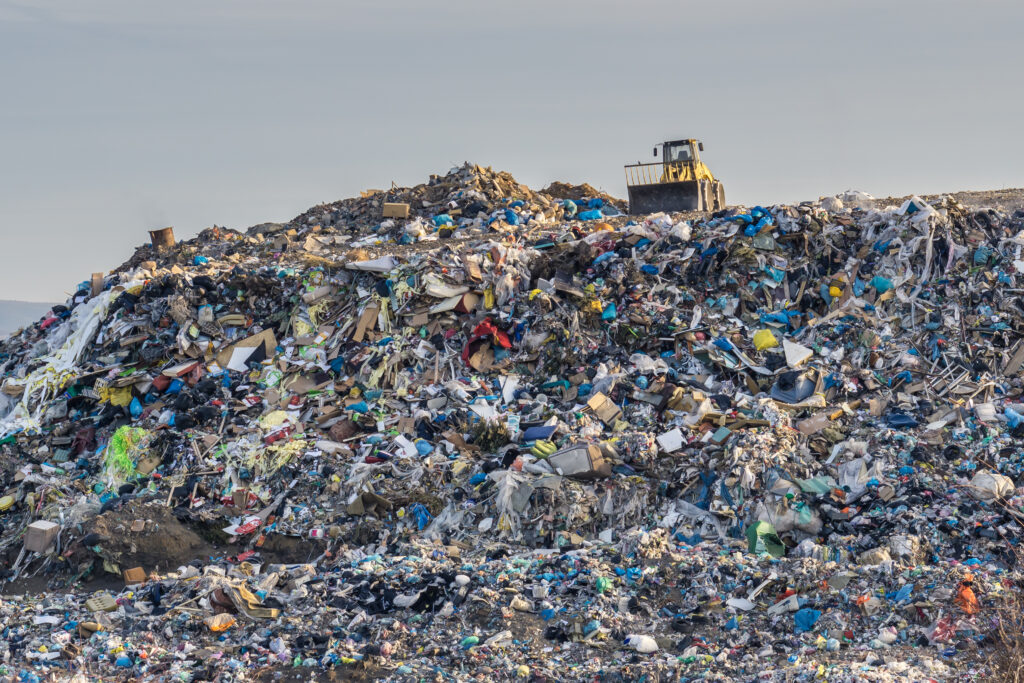
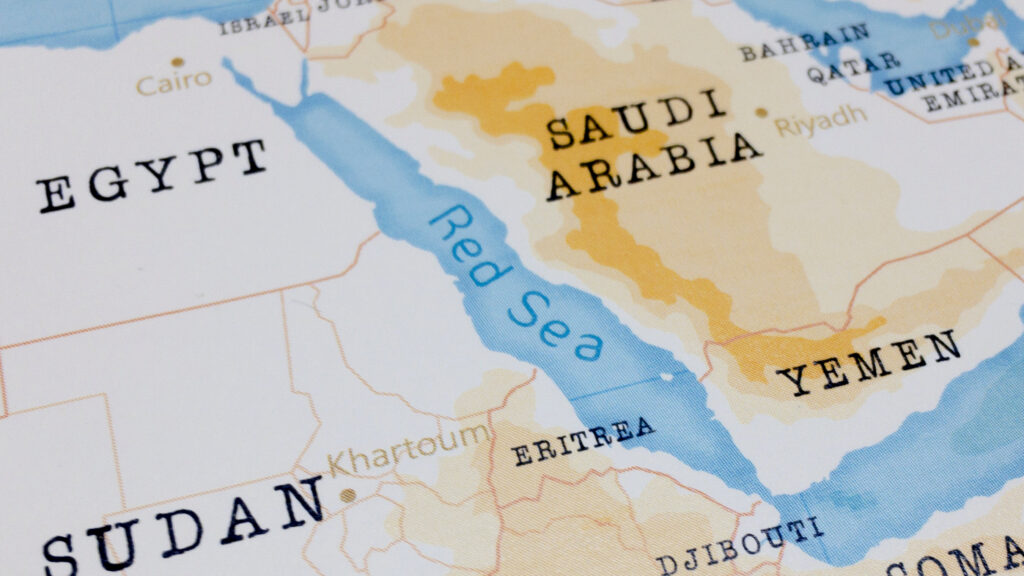


Subscribe for free